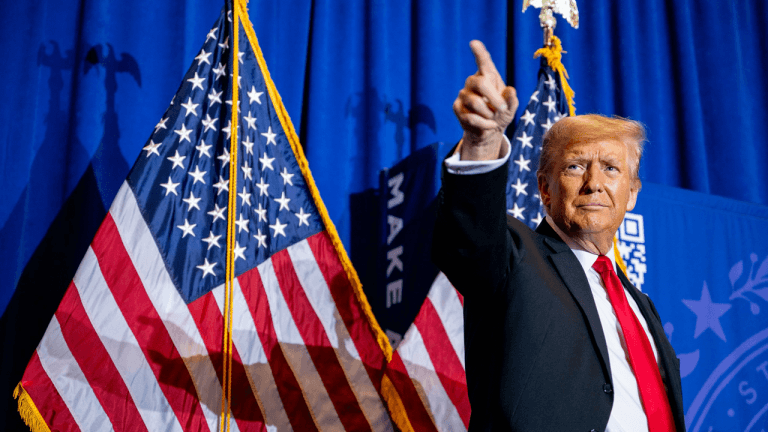
In a report requested by Rep. Maxine Waters, the country’s top watchdog is carefully neutral but dissatisfied with agencies’ abilities to work together.
The United States Government Accountability Office (GAO), a Congressional watchdog agency, has released a report it completed in June on the regulatory framework for the use of blockchain in finance.
The 77-page report was requested by Reps. Maxine Waters and Stephen Lynch before the midterm elections, when they were the chair and ranking member, respectively, of the House of Representatives Financial Services Committee. The report unsurprisingly found that more regulation is needed. The agency has a framework for evaluating regulatory reform proposals developed in 2009.
The report pointed to crypto asset trading platforms and stablecoins as products that lack regulation, but it examined regulators’ policies and activities without straying into “turf war” controversies related to defining securities. Thus, it identified the spot markets for nonsecurity crypto assets as the center of a regulatory gap and stated:
“By designating a federal regulator to provide comprehensive federal oversight of spot markets for nonsecurity crypto assets, Congress could mitigate financial stability risks and better ensure that users of the platforms receive protections.”
Traditional assets in that category enjoy robust regulation, the report noted. Crypto assets are subject to limited oversight, such as from the Treasury’s Financial Crimes Enforcement Network and through state money transmitter licensing.
Related: US Congress agency recommends 4 key policy options for blockchain
Stablecoins need regulation regarding the composition of their reserves, auditing and disclosures, and redemption rights. The report said current regulation is a hodgepodge of measures by the Securities and Exchange Commission, Commodity Futures Trading Commission and states that does not amount to “consistent and comprehensive prudential regulation and oversight.”
Decentralized finance is capable of being regulated in inverse relationship to the level of its decentralization, the GAO said. When an ecosystem is fully decentralized, there is no individual who can be identified as responsible for developing, operating or governing it. It may also span multiple regulatory jurisdictions in its operations.
Blockchain technology—like #cryptocurrency—could offer faster, cheaper financial transactions. But recent price crashes & bankruptcies have raised concerns about gaps in federal regulations that could put consumers at risk. Our new report & video explore: https://t.co/1vyIgZVaYi pic.twitter.com/nxHrk1g5dQ
— U.S. GAO (@USGAO) July 24, 2023
Moving closer to turf war issues, the report identified a need for greater coordination between regulators and noted complaints from market participants about the slow response of regulators to innovations in the market. The report noted that the Treasury’s Financial Stability Oversight Council was tasked with leading an effort to create a unified approach to crypto asset oversight by the March 2022 Executive Order on Ensuring Responsible Development of Digital Assets.
The report recommended that the seven pertinent regulatory agencies “jointly establish or adapt an existing formal coordination mechanism […] for collectively identifying risks posed by blockchain-related products and services and formulating a timely regulatory response.” Furthermore:
“This mechanism could include formal planning documents that establish the frequency of meetings and processes for identifying risks and responding to them within agreed-upon time frames.”
The National Credit Union Administration expressed agreement with that finding, while the others did not agree or disagree. The GAO is the country’s highest auditor. While its recommendations are not legally binding, the century-old agency’s findings carry considerable moral weight.
Magazine: Crypto regulation: Does SEC Chair Gary Gensler have the final say?









